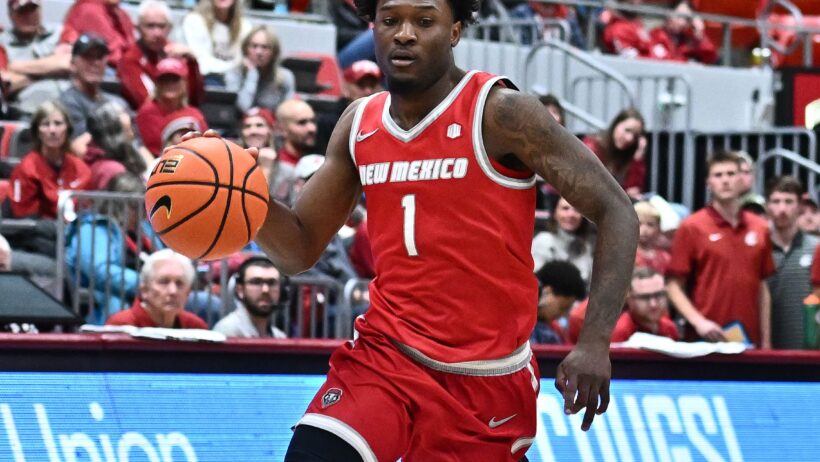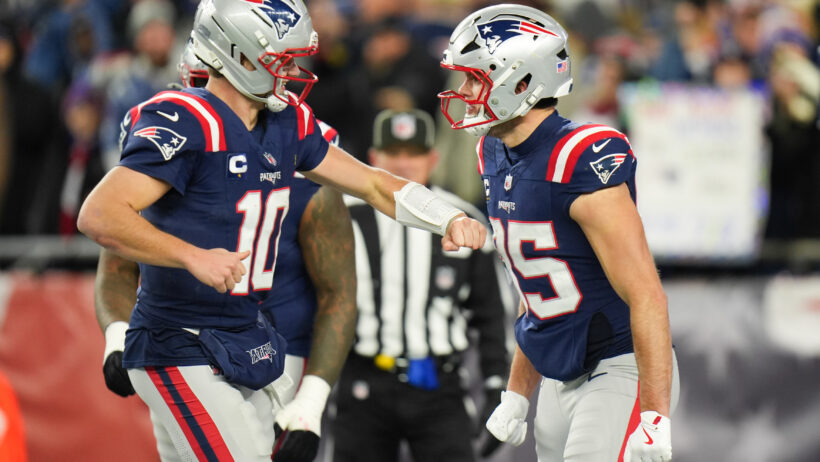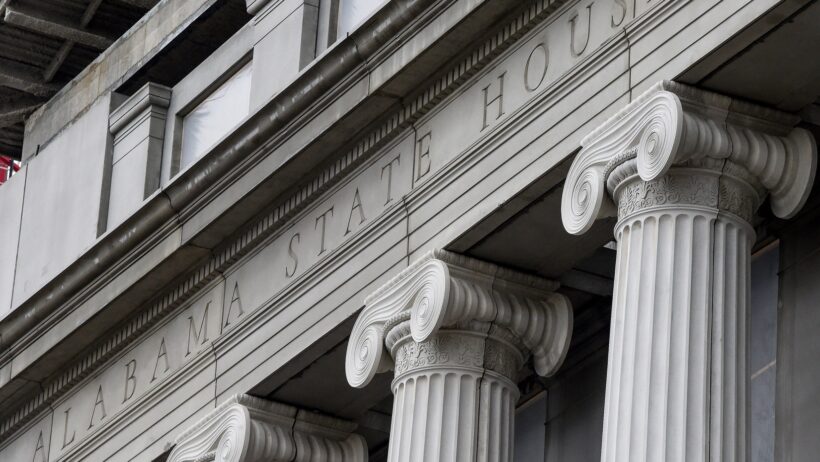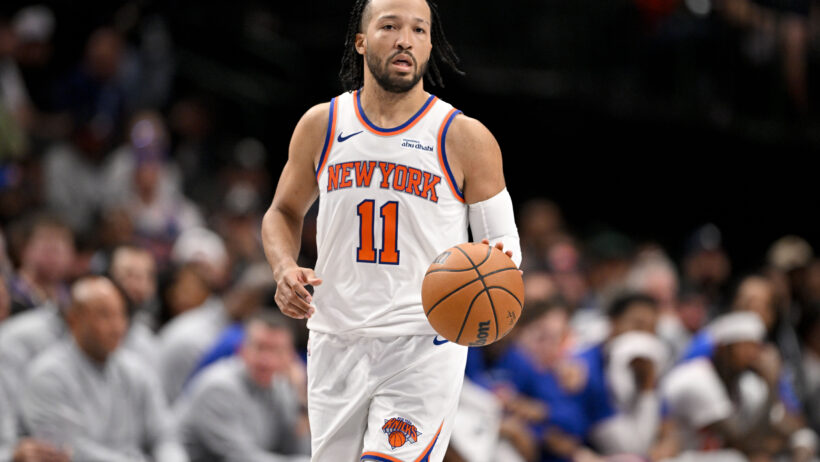Survey Shows Americans Believe Sports Event Contracts Akin to Gambling, According to AGA
By Robert Linnehan in Uncategorized
Published:
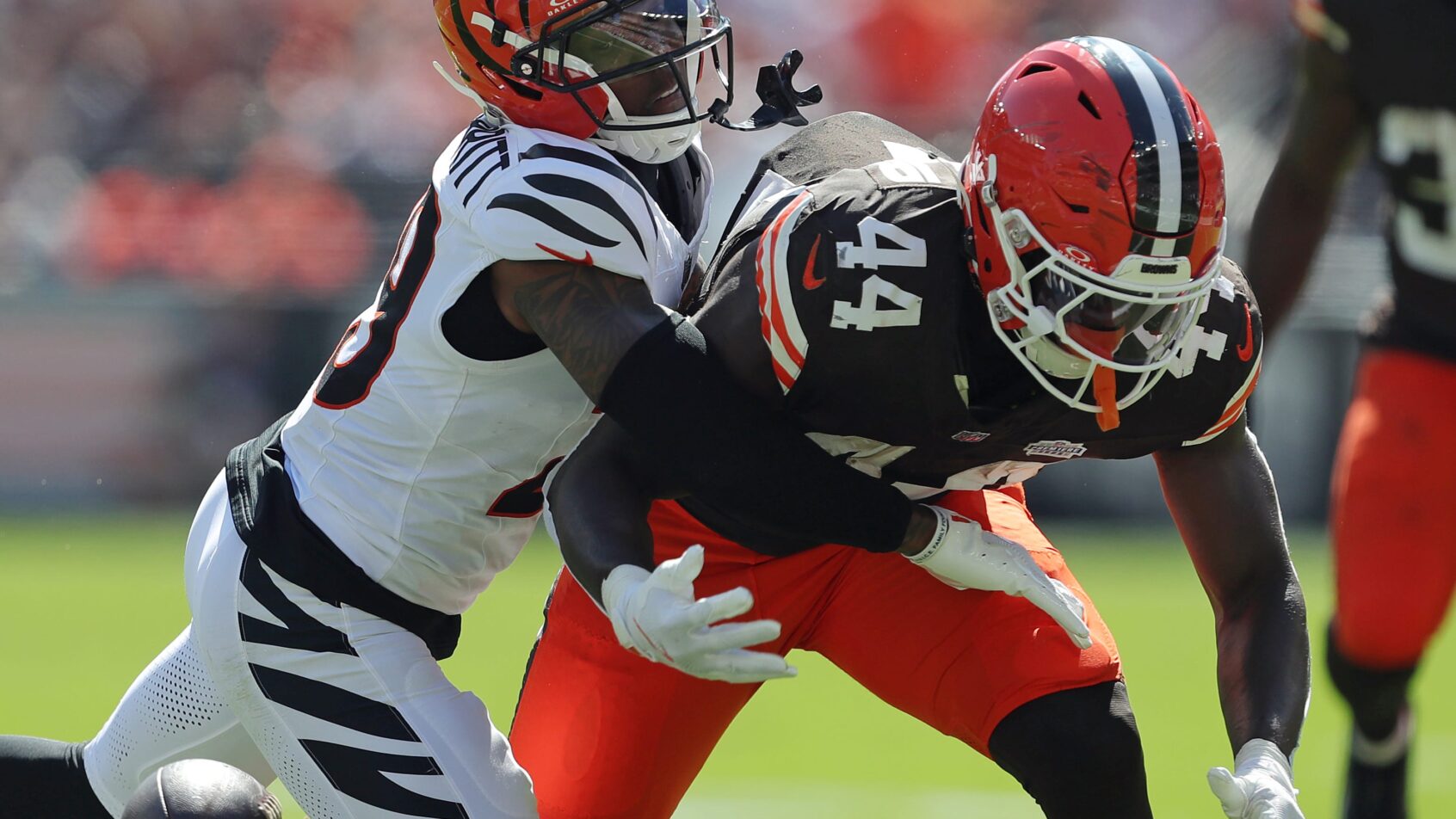
- The AGA presented the results of a survey showing respondents believe sports event contracts are akin to gambling
- Four in five U.S. voters say sports event contracts should be regulated like online sportsbooks
- 85% of respondents believe sports event contracts are most like gambling
The American Gaming Association today released the results of a survey that found U.S. voters believe sports event contracts are more comparable to sports betting than to an investment opportunity.
According to the results of an American Gaming Association (AGA) survey of 2,025 U.S. voters aged 18 and older, 85% of respondents reported they believed sports event contracts to be gambling and not a financial instrument.
“This research has made it clear: Americans know a sports bet when they see one—and they expect prediction markets offering sports event contracts to be held to the same rules and consumer safeguards as every other state-regulated sportsbook,” said AGA President and CEO Bill Miller.
Survey Says: This is Gambling
Respondents to the AGA’s survey overwhelmingly noted they recognize sports event contracts as gambling, not investment or financial instruments. More than eight in 10 voters in the survey noted they want sports event contracts to be regulated like other forms of sports betting, while at the same time only being offered by state-licensed sportsbooks.
Additionally, 70% of the survey respondents believe that platforming offering sports event contracts are exploiting loopholes to act as unlicensed sportsbooks. About 44% of respondents strongly agreed that the platforms are exploiting loopholes, while 26% somewhat agreed.
“This underscores the need for the CFTC to enforce and uphold its own regulations that prohibit gaming contracts, and for Congress to use its oversight power to ensure prediction markets are not used as a backdoor for gaming,” Miller said.
A majority of respondents – 40% that strongly against and 29% that somewhat agree – said voters should have a say on whether sports prediction contracts can be offered in their state. Finally, the vast majority of respondents, 65% of them, believe that state and tribal gaming regulators should regulate prediction markets as opposed to the Commodity Futures Trading Commission (CFTC).
Who Regulates Sports Event Contracts?
Respondents to the AGA poll reported they believe prediction markets, and sports event contracts, should be regulated by the states.
Questions on event contracts, especially sports event contracts, and who regulates the offerings has been a point of contention over the last year.
Companies such as Robinhood and Kalshi believe that state regulatory bodies do not have the right to intrude on the government’s “exclusive” authority to regulate prediction market, filing lawsuits in New Jersey, Nevada, and Maryland to defend its practices. These companies believe the CFTC is the only regulatory body that can legally block contracts from being offered to customers.
State gaming regulators maintain the markets need to be beholden to regulations, taxes, and license fees that sports betting and gaming operators are required to follow.
The prediction market companies believe their offerings are not required to comply with state laws, as they have been preempted by the Commodity Exchange Act.

Regulatory Writer and Editor
Robert Linnehan covers all regulatory developments in online gambling and sports betting. He specializes in U.S. sports betting news along with casino regulation news as one of the most trusted sources in the country.
